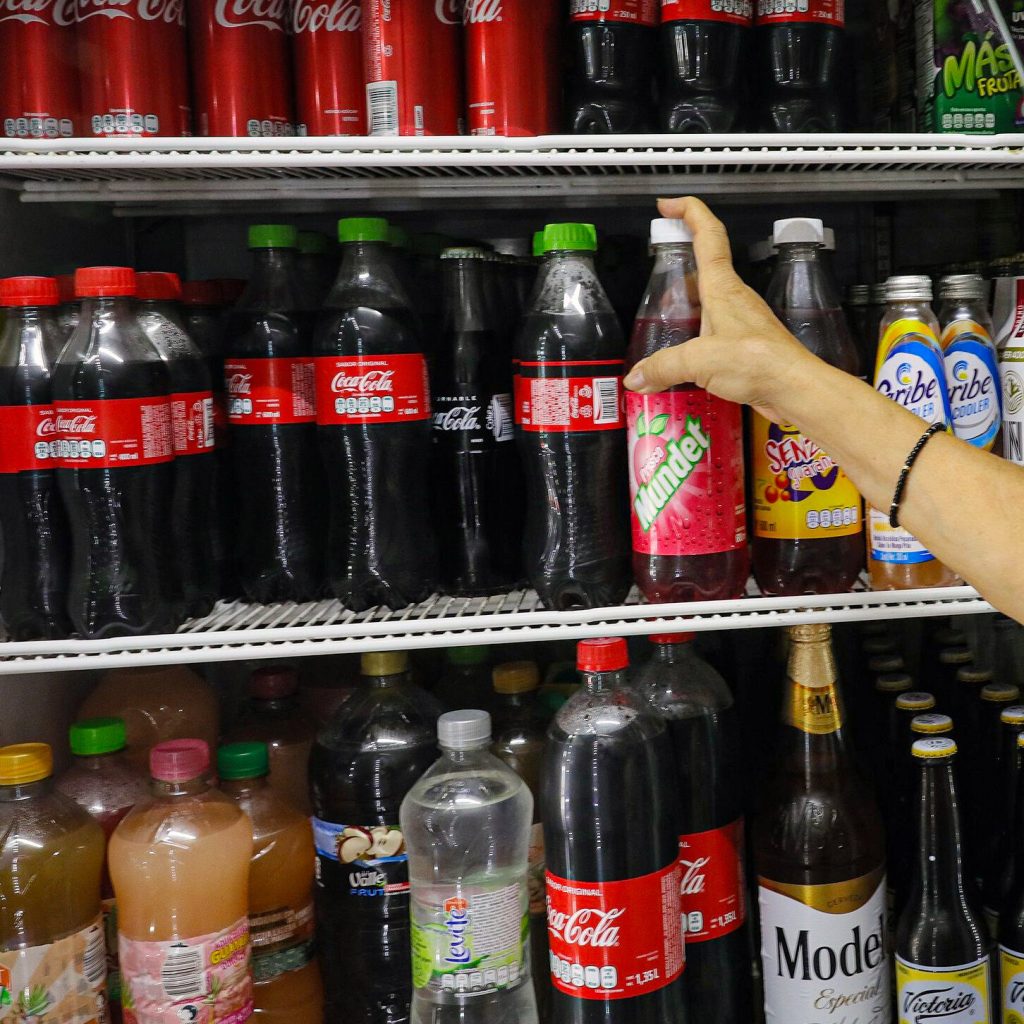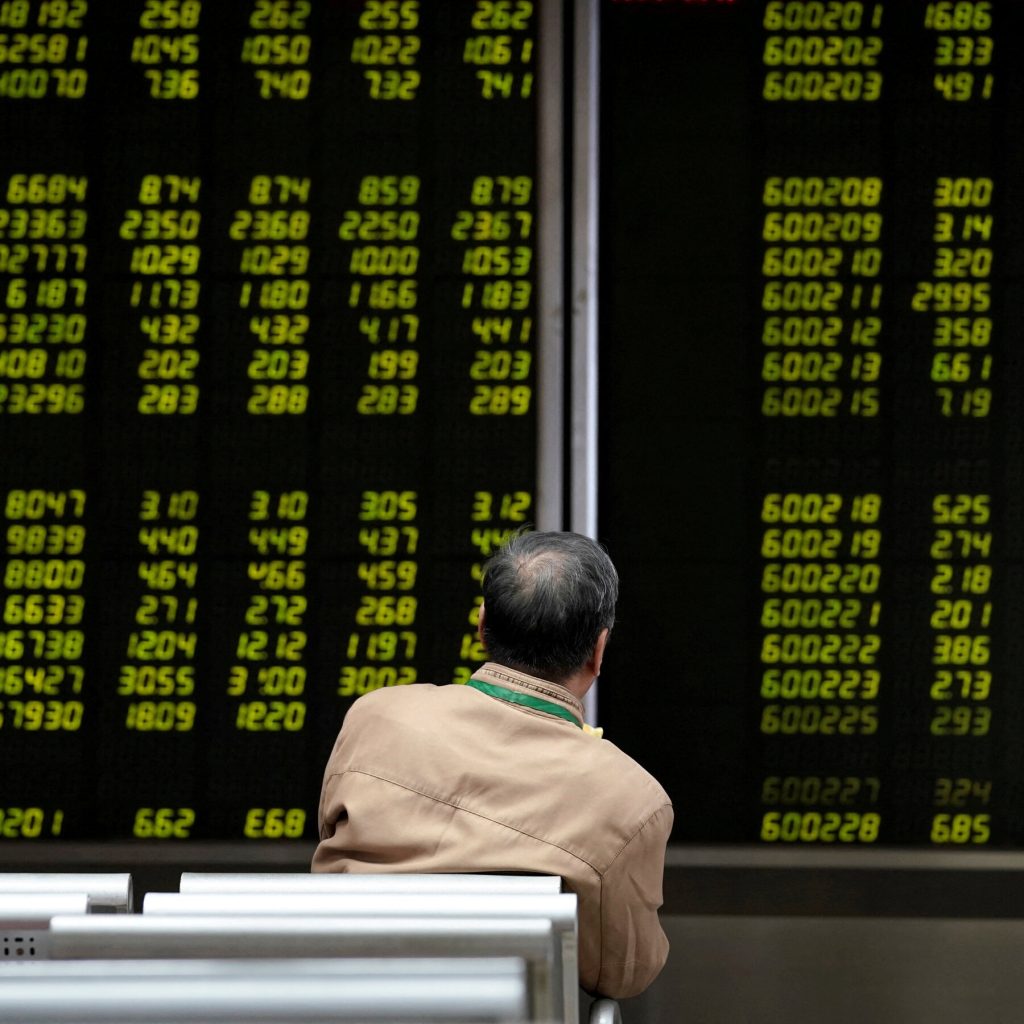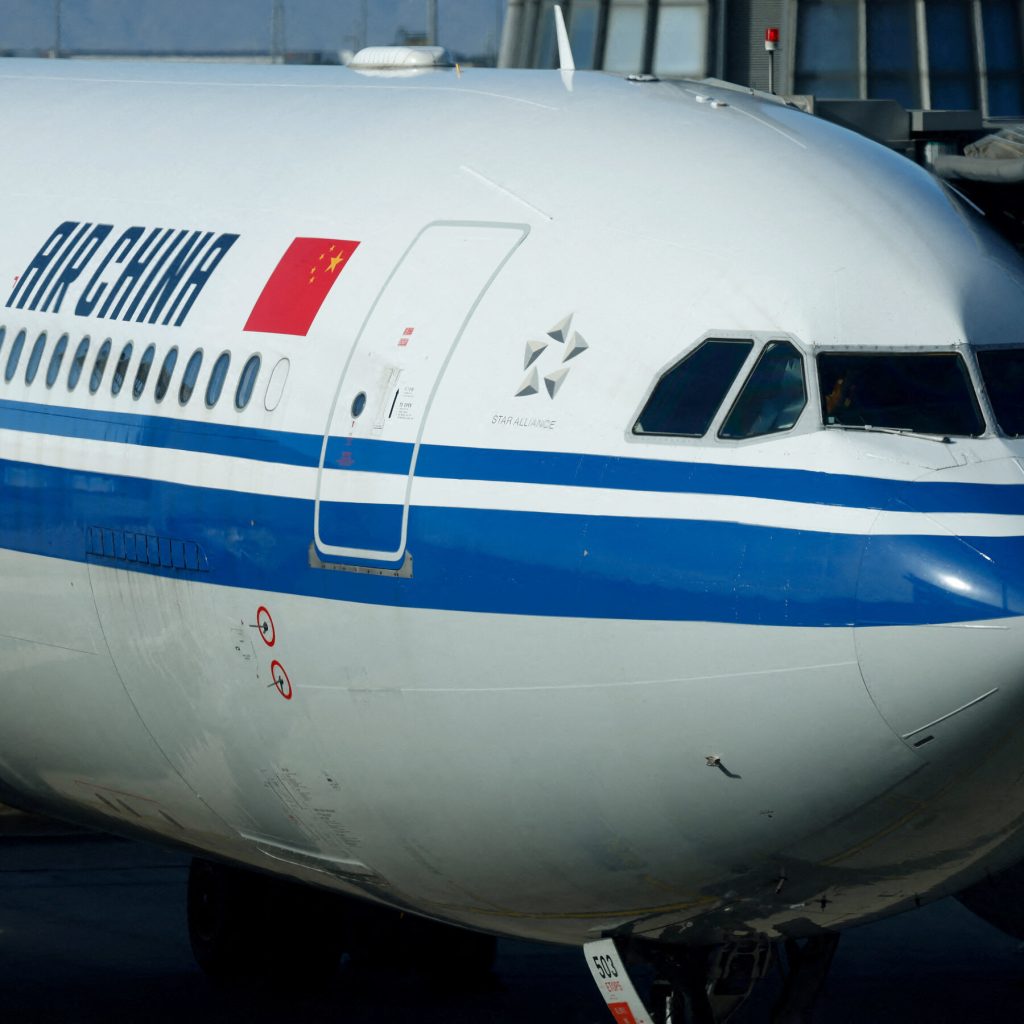As Iraqis Vote for a Parliament, the United States Pushes to Diminish Iran’s Grip
A fragile peace after years of turmoil
Following more than a decade of U.S. military presence, a cascade of sectarian bloodshed, and a brutal jihadist insurgency, Iraq has surprisingly settled into one of the calmer corners of the Middle East. The country’s streets, once echoing with bomb blasts and militia gunfire, now host bustling markets and crowds gathering at polling stations.
Why the election matters
The parliamentary vote slated for early December is the first full‑scale election since the 2021 protests that toppled the old political elite. Iraqis hope the new legislature will finally address chronic problems—corruption, crumbling public services, and the lingering threat of extremist groups—while preserving the tenuous stability that has been built over the past few years.
U.S. pressure mounts
Washington has seized the moment to intensify diplomatic overtures aimed at curbing Tehran’s influence in Baghdad. Senior U.S. officials have met privately with Iraqi party leaders, urging them to “break the chains of foreign patronage” and to adopt a foreign‑policy stance that is independent of Iran. The United States is also leveraging economic aid packages, hinting that future assistance could be tied to measurable steps that limit Iranian-backed militia activity.
Iran’s foothold in Iraq
Despite the relative calm, Iran continues to wield considerable sway through a network of political parties, religious institutions, and paramilitary groups known collectively as the Popular Mobilization Forces (PMF). These forces have become entrenched in Iraq’s security apparatus, often operating alongside regular army units and influencing key ministries such as transportation and health.
Baghdad’s tightrope walk
Prime Minister Mohammed Shia al‑Sudani faces a delicate balancing act. He must appease a populace weary of foreign interference while navigating the expectations of both Washington and Tehran. In a recent televised address, al‑Sudani emphasized Iraq’s “right to chart its own destiny,” but also warned that “any external pressure that threatens our sovereignty will be met with firm resistance.”
What the international community watches
Regional powers and global actors are watching the Iraqi vote closely. A parliament that leans toward nationalist, non‑aligned parties could signal a shift away from Iran’s regional strategy, potentially opening the door for renewed U.S. investment and security cooperation. Conversely, a win for Iran‑friendly factions might entrench Tehran’s influence and complicate U.S. efforts to contain its reach.
Looking ahead
The election results will not instantly resolve Iraq’s deep‑seated challenges, but they will set the tone for the country’s next political chapter. As Iraqis line up at the polls, the world waits to see whether a new parliamentary majority will usher in a more autonomous Iraq—or whether the old patron‑client dynamics will persist under a different guise.




